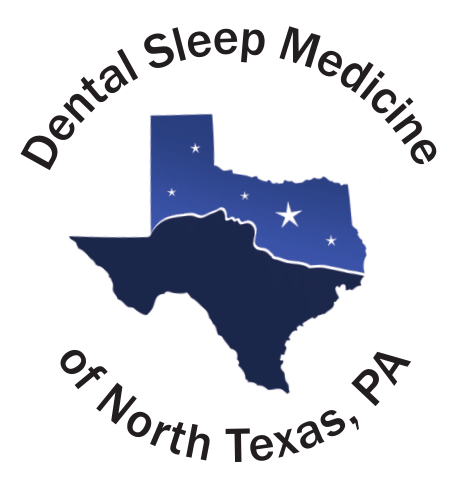Finding Effective Solutions for Sleep Apnea
Sleep apnea is a prevalent sleep disorder characterized by pauses in breathing or shallow breaths during sleep, leading to various health problems if left untreated. Fortunately, there are treatment options available, with continuous positive airway pressure (CPAP) therapy being one of the most widely prescribed.
However, CPAP isn’t the only solution, and for some, it may not be the most suitable. At Dental Sleep Medicine of North Texas, Waxahachie sleep dentist Dr. Scott Clinton is proud to provide alternative approaches to managing sleep apnea, offering a comprehensive guide for those seeking effective alternatives to CPAP. Call our Waxahachie office at (972) 737-5337 if you’re interested in learning more about alternatives to CPAP therapy.
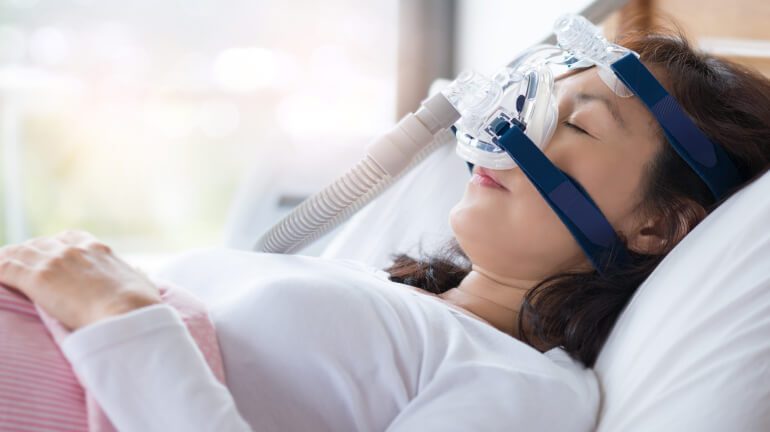
Limitations of CPAP Therapy
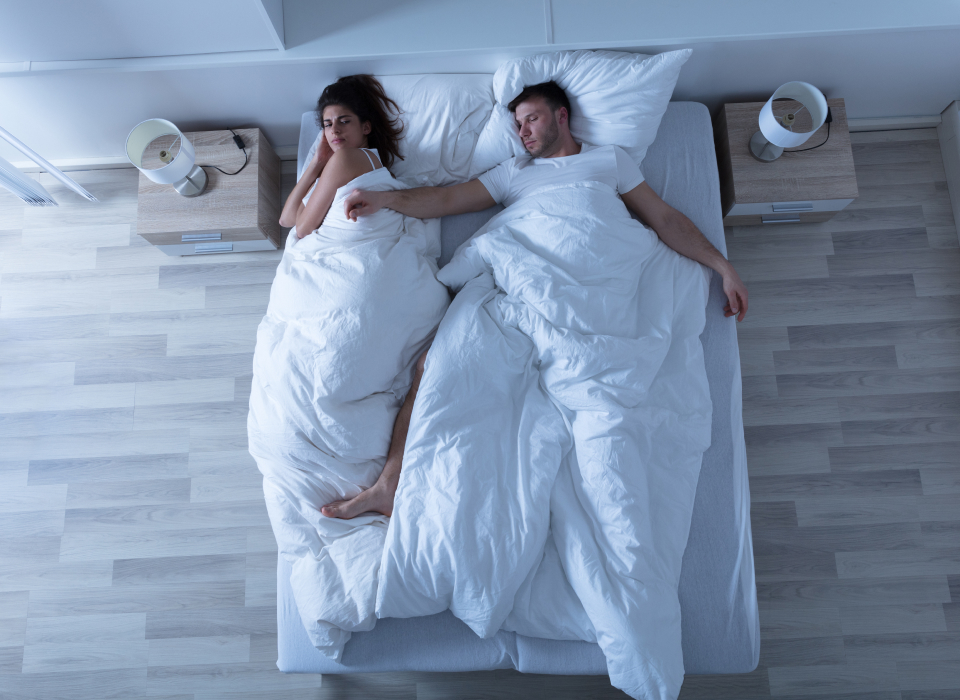
While CPAP therapy has proven highly effective for many individuals, it does come with its own set of limitations:
- Compliance Issues: Some users find it uncomfortable to wear a mask throughout the night, leading to discontinuing their treatment.
- Discomfort: The pressure of the mask, as well as issues like mask leakage, can cause discomfort for some individuals, making consistent use challenging.
- Noise Disruption: The sound generated by CPAP machines can be disruptive, affecting the user and their bed partner’s sleep quality.
- Travel and Portability: CPAP machines can be bulky and require access to electricity, making them less convenient for frequent travelers or individuals with an active lifestyle.
- Potential Side Effects: CPAP therapy can sometimes lead to side effects like dry mouth, nasal congestion, or skin irritation, which may deter some users from consistent use.
Oral Appliances Therapy
For those seeking a more comfortable alternative to CPAP, oral appliances offer a viable option. An oral appliance is ideal for patients with mild-to-moderate sleep apnea. These custom-made devices fit precisely onto your teeth and work to gently move your jaw forward, helping to keep the airway open during sleep.
As a certified sleep dentist, Dr. Clinton can craft a customized oral appliance to help you relieve your sleep apnea symptoms and reduce snoring. This appliance has become a favored method of treatment by many of our patients because of its ability to help a variety of problems based on what’s right for you and your unique characteristics.
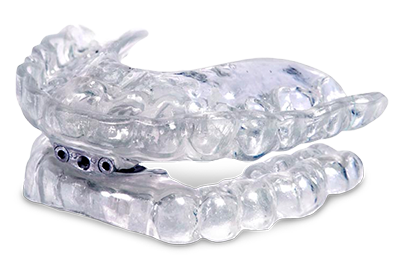
Benefits of Oral Appliances
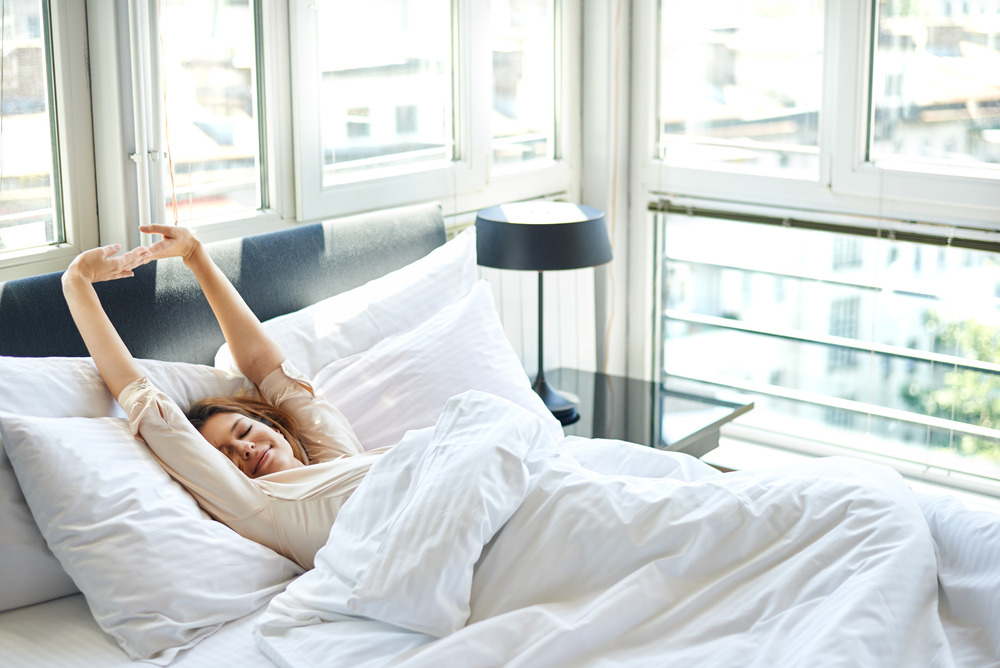
Using oral appliances can bring about a range of life-changing advantages:
- Affordability: Compared to some other treatments, oral appliances offer an affordable option for managing sleep apnea.
- Portability: These devices are highly portable, making them convenient for travelers or those with an active lifestyle.
- Ease of Use: Oral appliances are designed with user-friendliness in mind, ensuring straightforward application and removal.
- Customization: Each oral appliance is tailored to your unique oral anatomy, ensuring a comfortable fit and maximum effectiveness.
- Compact and Convenient: Their small size and unobtrusive design make oral appliances easy to incorporate into your nightly routine.
- Enhanced Sleep Quality: By effectively addressing sleep apnea, oral appliances can lead to significant improvements in the quality of your sleep.
Additionally, it’s worth noting oral appliances and CPAP therapy are mutually compatible. In cases of severe sleep apnea, it’s common for patients to benefit from using both. Moreover, oral appliances can serve as a reliable backup while your CPAP device undergoes maintenance, ensuring uninterrupted support for your sleep apnea management.
Other Alternatives to CPAP
Alleviating your symptoms of sleep apnea can often come down to lifestyle choices. Even if you’re undergoing treatment for sleep apnea, making certain changes can minimize the effects of sleep apnea even further. There are additional ways you can reduce your sleep apnea symptoms.
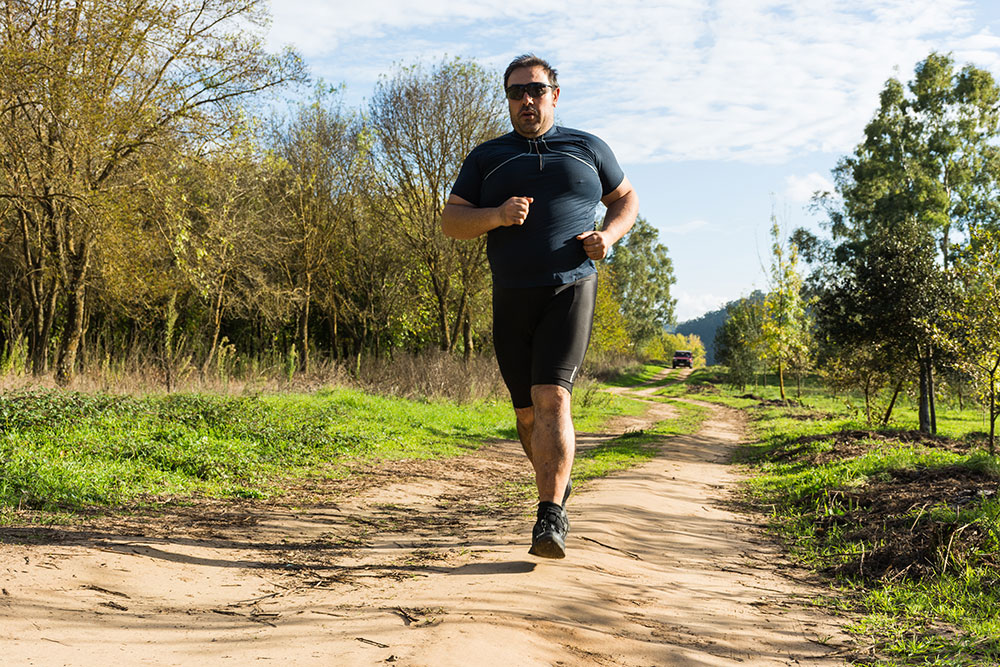
Losing Weight
Carrying excess weight, especially in the neck area, puts pressure on your throat and causes obstruction. If you’re overweight or obese, losing weight by altering your diet plans and exercising regularly can help make a permanent positive change in your snoring and other symptoms.
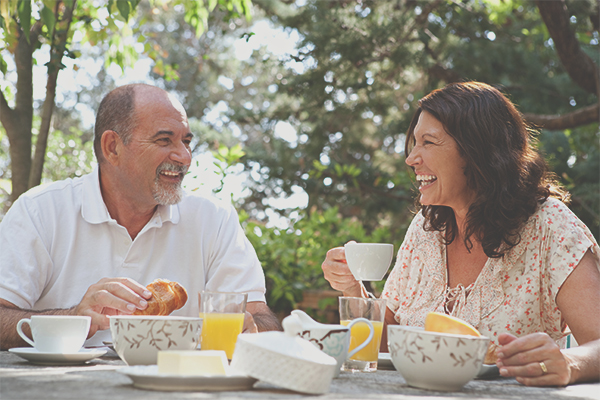
Stop Tobacco and Alcohol Consumption
Tobacco can affect your airway and increase the risk of developing sleep apnea. Alcohol and other sedatives like sleeping pills can increase the likelihood of sleep apnea. Quitting tobacco and reducing alcohol consumption can help reduce your sleep apnea.
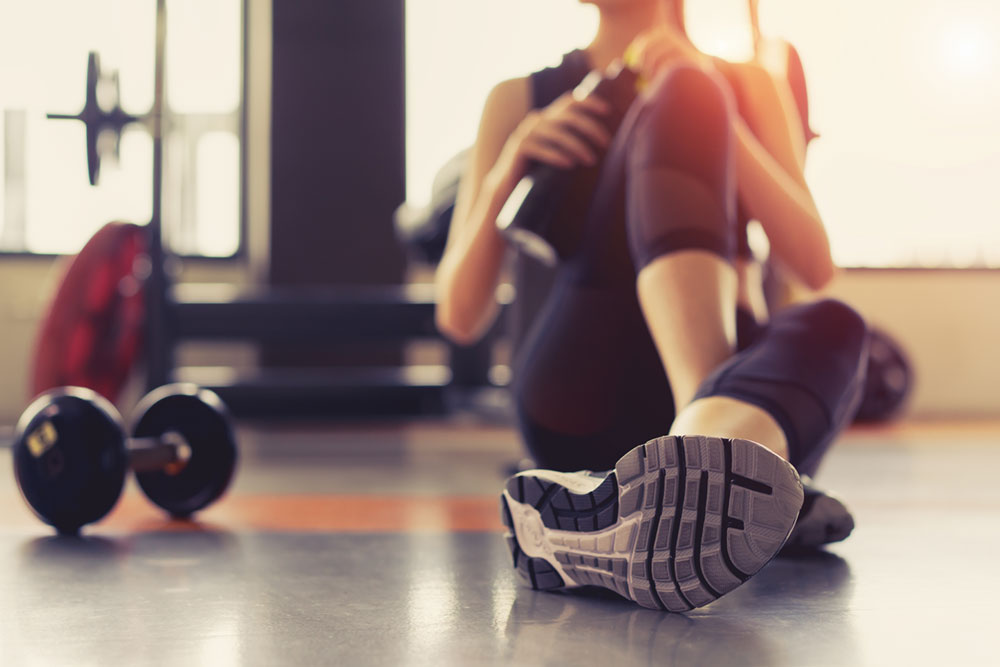
Positional Therapy
Positional therapy focuses on encouraging individuals to sleep in a specific position, typically on their side. This is because sleeping on one’s back can lead to the tongue and soft palate collapsing to the back of the throat, potentially obstructing the airway.
Training yourself to sleep on your side can help alleviate your sleep apnea symptoms. There are also throat exercises you can practice to help tone the muscles along your airway passage.
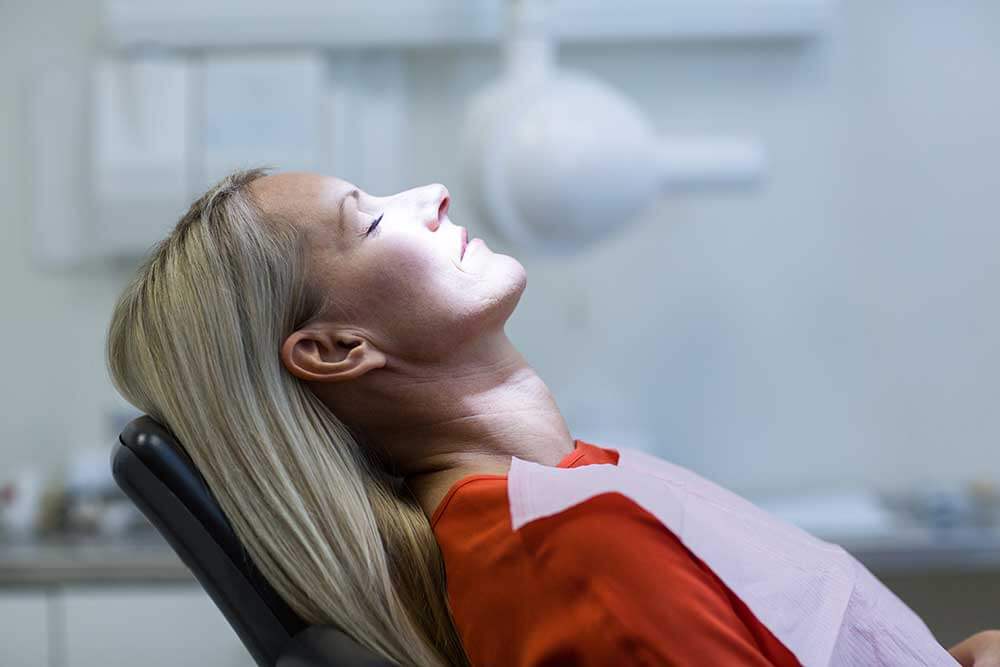
Surgery
While non-invasive treatments are often the first line of defense against sleep apnea, surgical interventions can be a viable option for certain individuals, especially in cases where other treatments have not been effective.
Surgical options for sleep apnea range from relatively minor procedures to more extensive interventions. These may include nasal surgery, adenoidectomies, maxillomandibular advancement surgery, and tracheostomy.
Frequently Asked Questions
Are there any long-term risks associated with using oral appliances?
When used properly and under the guidance of a healthcare provider, oral appliances are generally safe. However, improper use or ill-fitting devices may lead to jaw discomfort or dental issues. Regular follow-ups with a dentist or sleep specialist are crucial for monitoring your progress.
Can alternative treatments completely replace CPAP therapy?
For some individuals, alternative treatments may effectively manage sleep apnea without the need for CPAP. However, in severe cases, a combination of treatments or continued CPAP use may be necessary for optimal results. It’s best to discuss your options with a healthcare professional.
Is oral appliance therapy an effective solution to snoring?
Yes, oral appliances can solve snoring and mild-moderate sleep apnea. These customized appliances gently move your jaw forward, just enough to clear the obstruction that’s stopping you from sleeping correctly.
Can my dental insurance cover oral appliances?
Most insurance companies cover a portion of the expenses. We recommend speaking to your insurance provider to find out the coverage plan. Your sleep dentist’s office may also offer flexible financing options so you can get the care you need.
Dr. Clinton Can Find a CPAP Alternative for You
If you’re struggling with sleeping with CPAP, you don’t have to worry about any more sleepless nights. Dr. Clinton can help find an oral appliance that’s effective and comfortable for you. To learn more about our alternatives to CPAP, call our Waxahachie office at (972) 737-5337.
You can also fill out our online contact form below, and a staff member will assist you. We proudly serve new and existing patients near the South Dallas area, such as Red Oak, Midlothian, Maypearl, and Ennis, TX.
